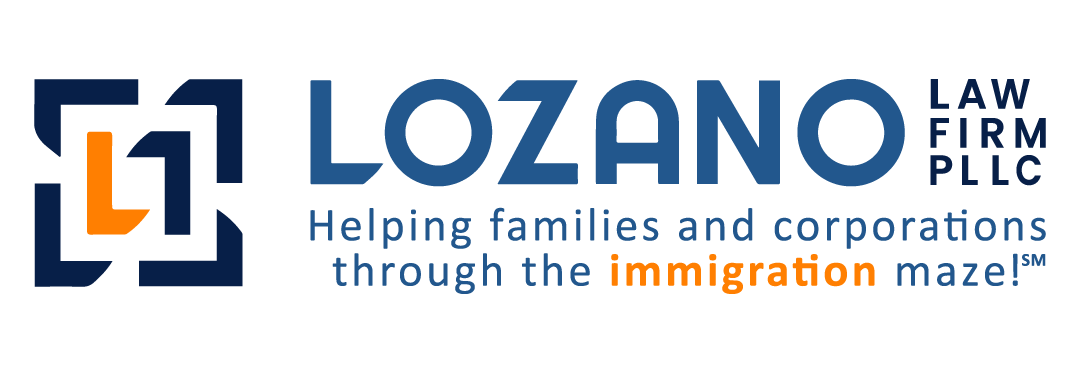In June, as part of comprehensive immigration reform, the Senate passed a bill changing the current H-1B Visa program. The changes will make more H-1B Visas available per year, but will add employer recruitment, wage, and other requirements for access to these Visas.

The current yearly cap on H-1B Visas is 65,000 Visas with an additional 20,000 Visas set aside for foreign nationals with Master’s Degrees from U.S. schools. The Senate Bill increases this cap to 115,000 Visas for the first year following this change in law, and creates the ability to later adjust this cap based on employer demand and unemployment data. The bill sets a maximum annual cap of 180,000 and dictates that the annual cap cannot fall below 115,000. The Senate proposes increasing the additional 20,000 Visas set aside for foreign nationals with Master’s Degrees to 25,000, but limits these additional Visas to foreign nationals with STEM Master’s Degrees from U.S. schools. This is a dramatic increase in H-1B Visas, and recognizes employer demand for high-skilled foreign workers, but this increase comes at a greater price for employers demanding these Visas.
This new Senate Bill narrows the range of required wages for H-1B workers, and U.S. employers will need to pay higher wages to their H-1B workers than under the current H-1B program. Before obtaining H-1B Visas for foreign workers, U.S. employers will have to place job advertisements and perform good faith recruitment efforts. U.S. employers cannot intentionally displace U.S. workers in hiring foreign nationals, and must attest that they will not displace U.S. workers when hiring foreign professionals. The bill adds new requirements for H-1B employers who place H-1B workers offsite at other employer’s locations, including a fee to place these H-1B workers offsite.
H-1B dependent employers have additional requirements under this bill:
• H-1B dependent employers (15% or more of workforce H-1B or L-1 Visa holders) cannot place H-1B workers at offsite work locations.
• H-1B dependent employers (30% to 50% of workforce H-1B or L-1 Visa holders) must pay extra fees for H-1B petitions, and cannot place workers offsite.
• H-1B dependent employers (50% or more of workforce H-1B or L-1 Visa holders) must pay extra fees for H-1B petitions, cannot place workers offsite, and cannot obtain H-1B Visas if more than 75% of their workforce is on H-1B or L-1 Visas.
The bill creates an incentive for U.S. employers to sponsor their foreign workers for Green Cards by not counting certain H-1B or L-1 workers in these companies when determining dependent status.
In conclusion, H-1B employers will have to pay more for their Visas if Senate Bill 744 becomes law, and H-1B dependent employers will pay much more and have more restrictions on hiring and transferring foreign workers to offsite locations. These added burdens are the cost of having more Visas available, but these added requirements will be worth it for companies willing to pay for these specialized foreign workers.


 Thank you for contacting us. Please complete this form and one of our team members will be in touch with you soon.
Thank you for contacting us. Please complete this form and one of our team members will be in touch with you soon.

